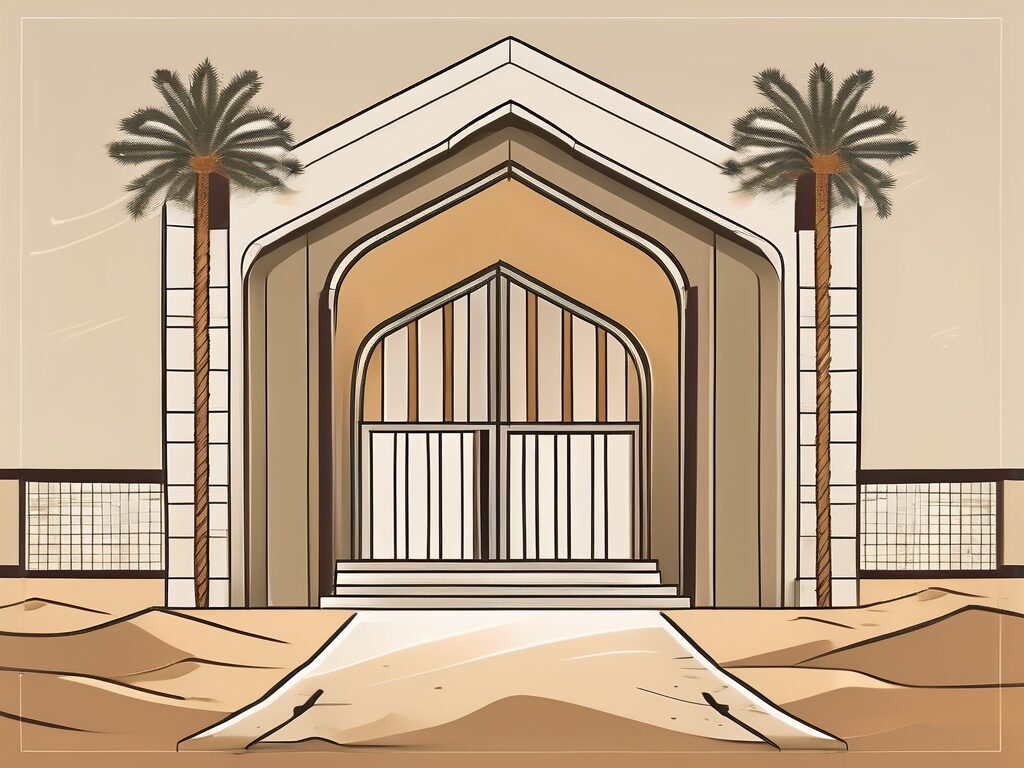Saudi Arabia, a country rich in cultural heritage and traditions, has made significant strides in the field of education over the past few decades. However, despite the progress, there are still some cultural barriers that impact the educational system in the country. These barriers, deeply rooted in societal norms and traditions, can often hinder the learning process and limit the full potential of students. In this exploration, we will delve into five key cultural barriers in Saudi Arabia’s education system.
1. Gender Segregation
Understanding Gender Segregation
One of the most prominent cultural barriers in Saudi Arabian education is gender segregation. Stemming from cultural and religious beliefs, Saudi Arabian society strictly separates men and women in public spaces, including educational institutions. This segregation starts from primary school and continues through to university level.
Impact on Education
The impact of gender segregation on education is multifaceted. On one hand, it can limit the diversity of thought and perspective in the classroom, as students are only exposed to their same-gender peers. On the other hand, it can also lead to a lack of resources and opportunities, particularly for female students, as traditionally, more emphasis and resources have been placed on male education.
2. Limited Critical Thinking
The Role of Critical Thinking
Critical thinking is a vital skill in the modern world, fostering creativity, innovation, and problem-solving abilities. However, in Saudi Arabia, the cultural emphasis on respect for authority and conformity can often limit the development of critical thinking skills in the classroom.
Consequences in Education
Without the encouragement of critical thinking, students may find it challenging to question, analyse, and interpret information independently. This could potentially hinder their academic performance and limit their future career prospects, as many professions today require strong critical thinking skills.
3. Rote Learning
Understanding Rote Learning
Rote learning, the process of memorising information based on repetition, is a common teaching method in Saudi Arabia. This approach, while useful for memorising facts, does not encourage understanding or application of knowledge.
Impact on Learning
While rote learning may help students score well on exams, it does not foster a deep understanding of the subject matter. This can limit students’ ability to apply their knowledge in real-world situations, a skill that is increasingly important in today’s rapidly changing world.
4. The Role of Religion in Education
Religion in Saudi Arabian Society
Religion plays a significant role in Saudi Arabian society and consequently, in its education system. While religious education can provide moral guidance and a sense of identity, it can also limit the scope of learning, particularly in subjects such as science and history.
Implications for Education
The heavy emphasis on religious education can sometimes overshadow other subjects, limiting students’ exposure to a broad and balanced curriculum. This can potentially hinder their overall academic development and limit their understanding of the world beyond their own cultural and religious perspectives.
5. Limited Access to International Education
International Education and Its Importance
International education, whether through studying abroad or accessing international curriculums, can provide students with a broader perspective and exposure to different cultures and ideas. However, cultural norms and restrictions in Saudi Arabia can often limit access to such opportunities.
Impact on Saudi Arabian Students
Limited access to international education can restrict Saudi Arabian students’ world view and limit their exposure to different teaching methods and curriculums. This could potentially impact their academic and personal development, limiting their ability to compete on a global scale.
In conclusion, while Saudi Arabia has made significant progress in education, cultural barriers still persist. Addressing these barriers requires a delicate balance of respecting cultural and religious traditions while also recognising the need for a more inclusive, diverse, and critical approach to education. As the world becomes increasingly interconnected, it is essential for Saudi Arabia to continue evolving its education system to prepare its students for the global stage.
Overcome Cultural Barriers with IPGCE
As educators in Saudi Arabia strive to navigate cultural barriers and enhance their professional capabilities, IPGCE presents a transformative opportunity. Embrace the chance to deepen your professional development with the International Postgraduate Certificate in Education, a Level 7 programme tailored for educators seeking to achieve Qualified Teacher Status. Join a global network of professionals, increase your adaptability to international curricula, and unlock potential career growth with flexible online study options. Don’t let stringent qualifications hinder your progress. Join the UK’s #1 Teacher Training Course today and take a significant step towards overcoming educational barriers and advancing your teaching career.

